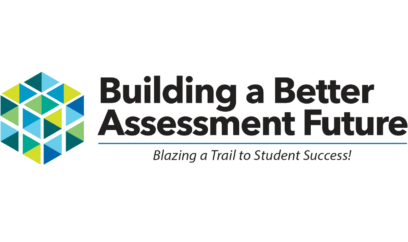
Building a Better Assessment Future 2025
August 5 - 6, 2025At the 2025 Building a Better Assessment Future conference, we are placing students at the center of our assessment systems, practices, and policies. Join us…
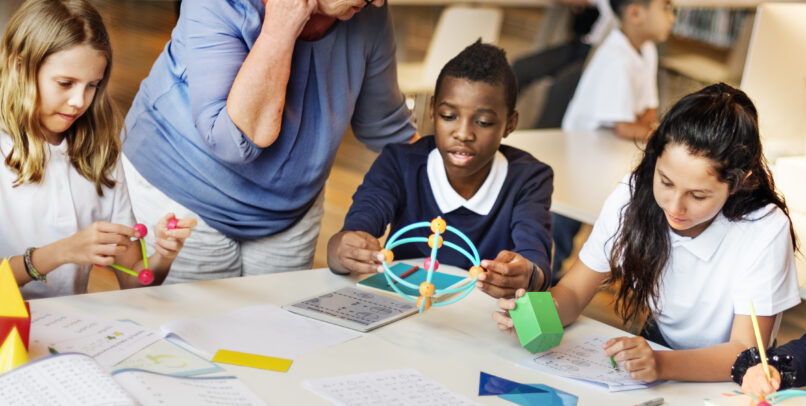
This session explores the disciplinary literacies of mathematics and will feature examples that engage students in:
The session also explores the assessment practices that intentionally support students as they are apprenticed into ways of thinking and communicating valued in mathematics classrooms.
This session is co-sponsored and presented by the Disciplinary Literacy Task Force of the GELN and the Michigan Assessment Consortium.
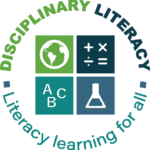
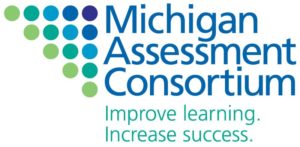
Event Resources
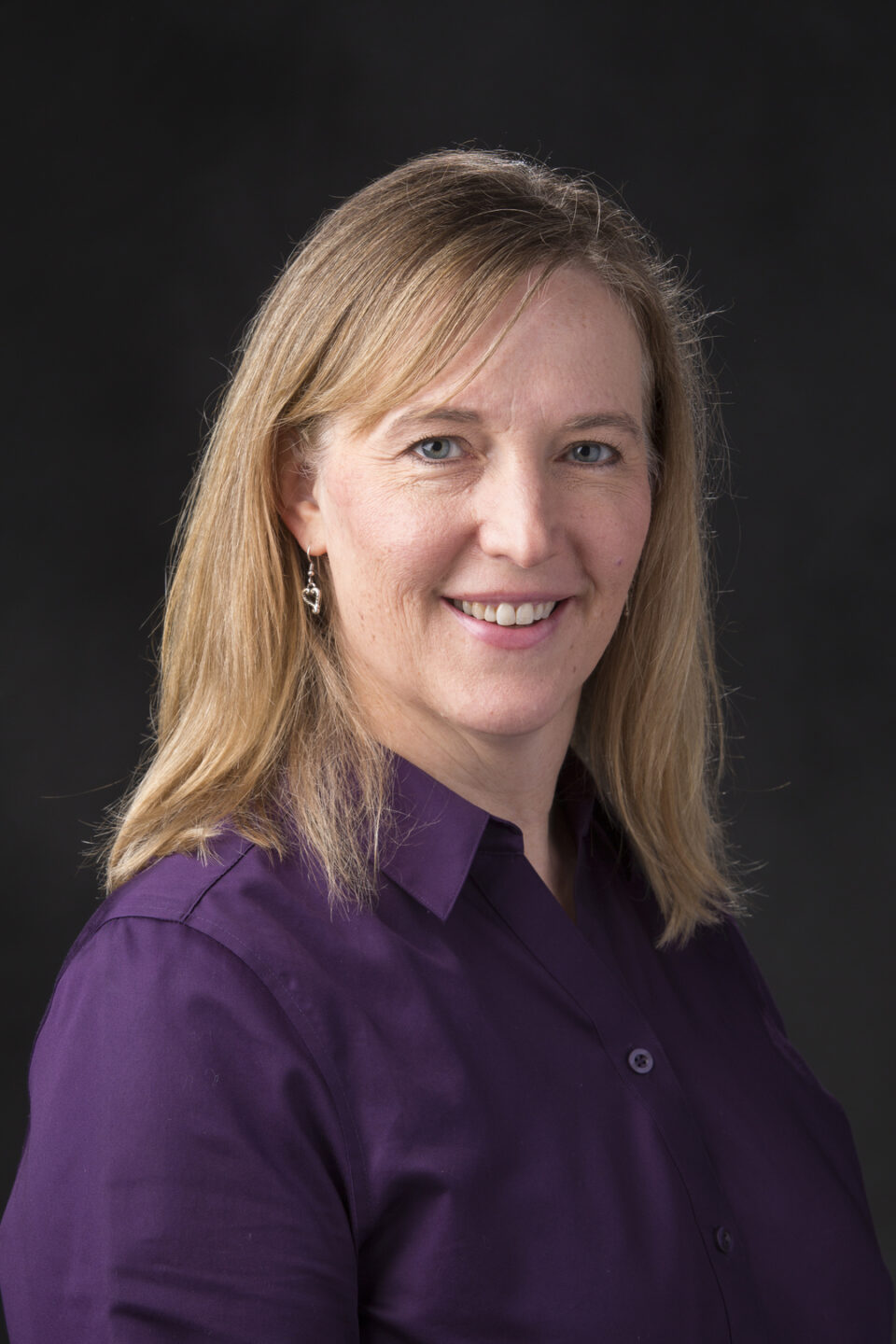
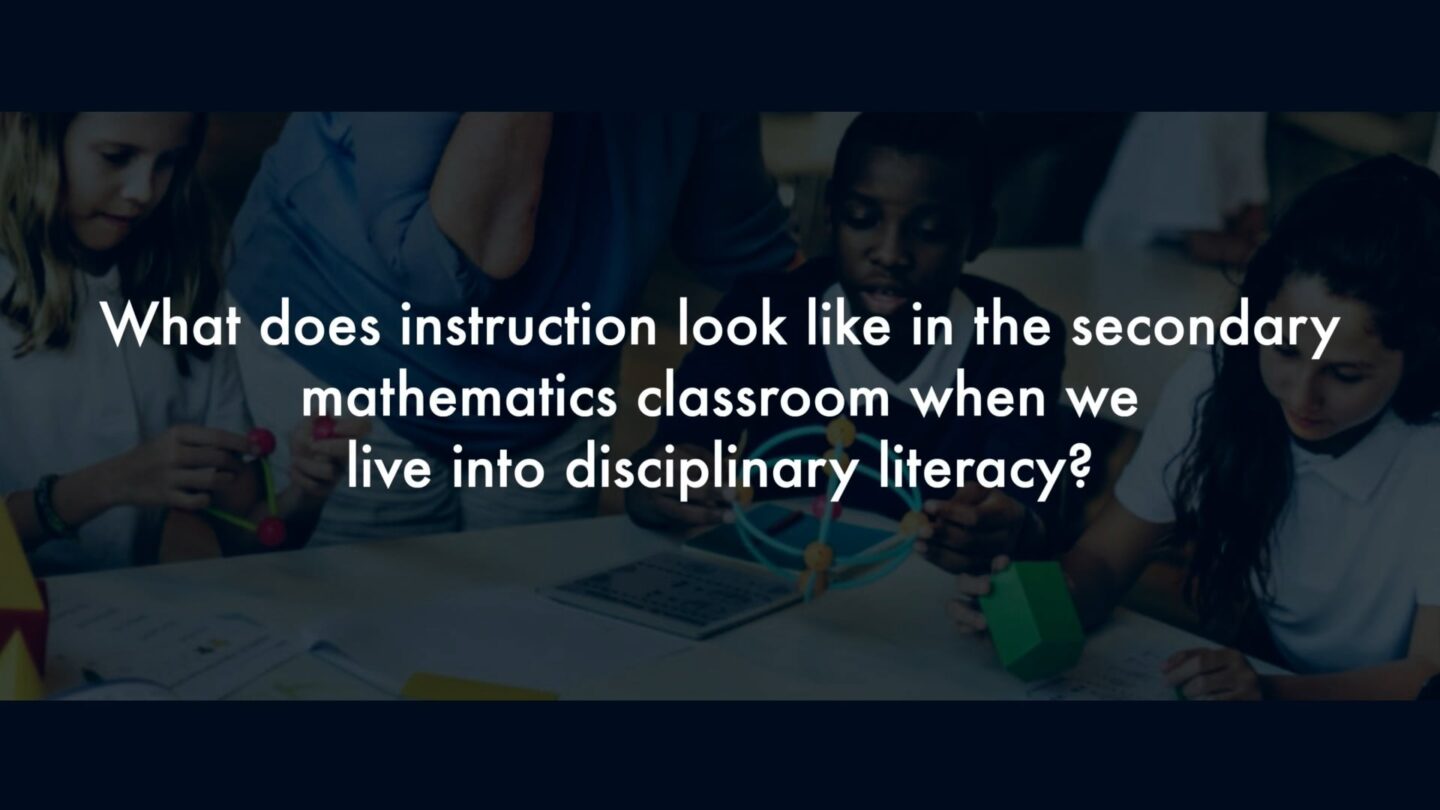
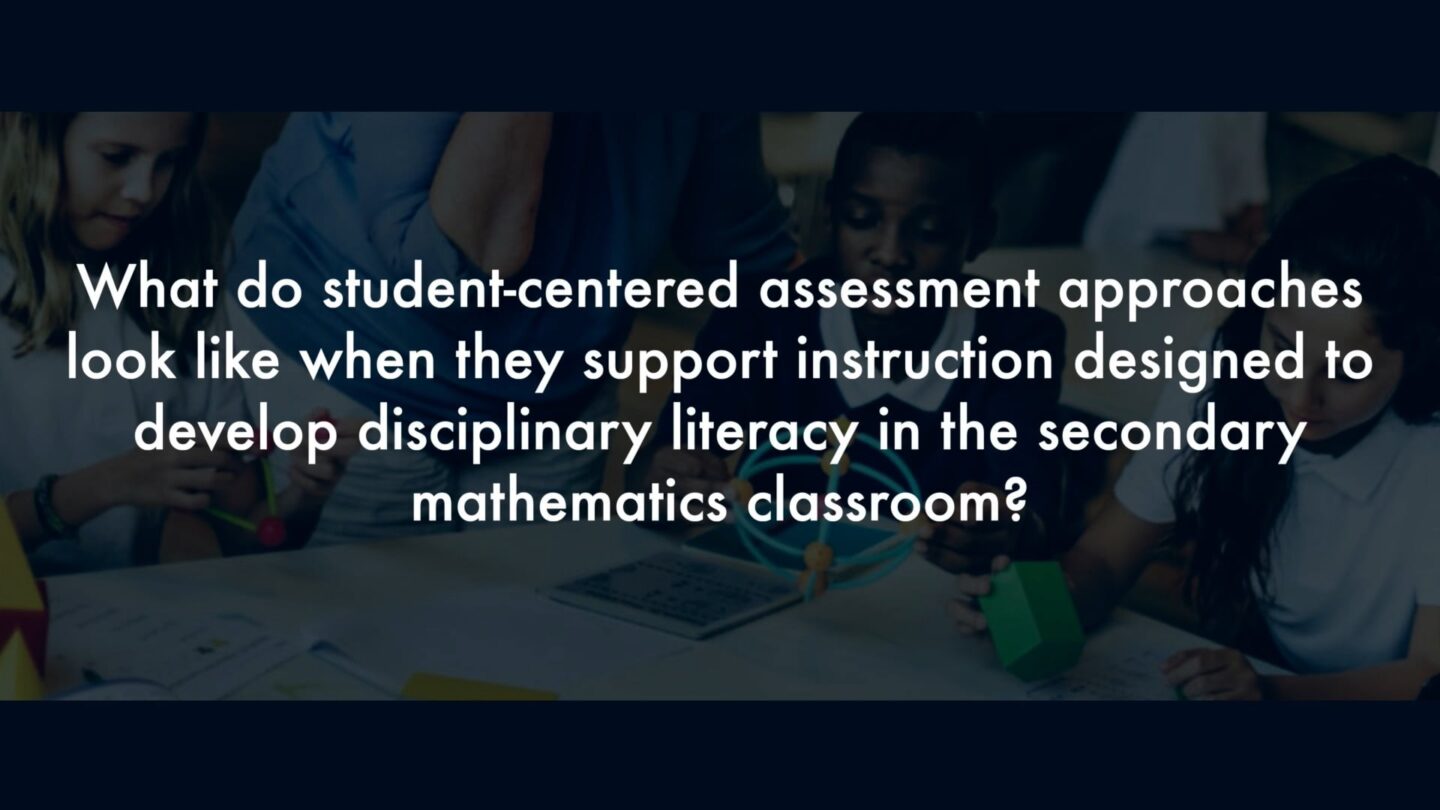
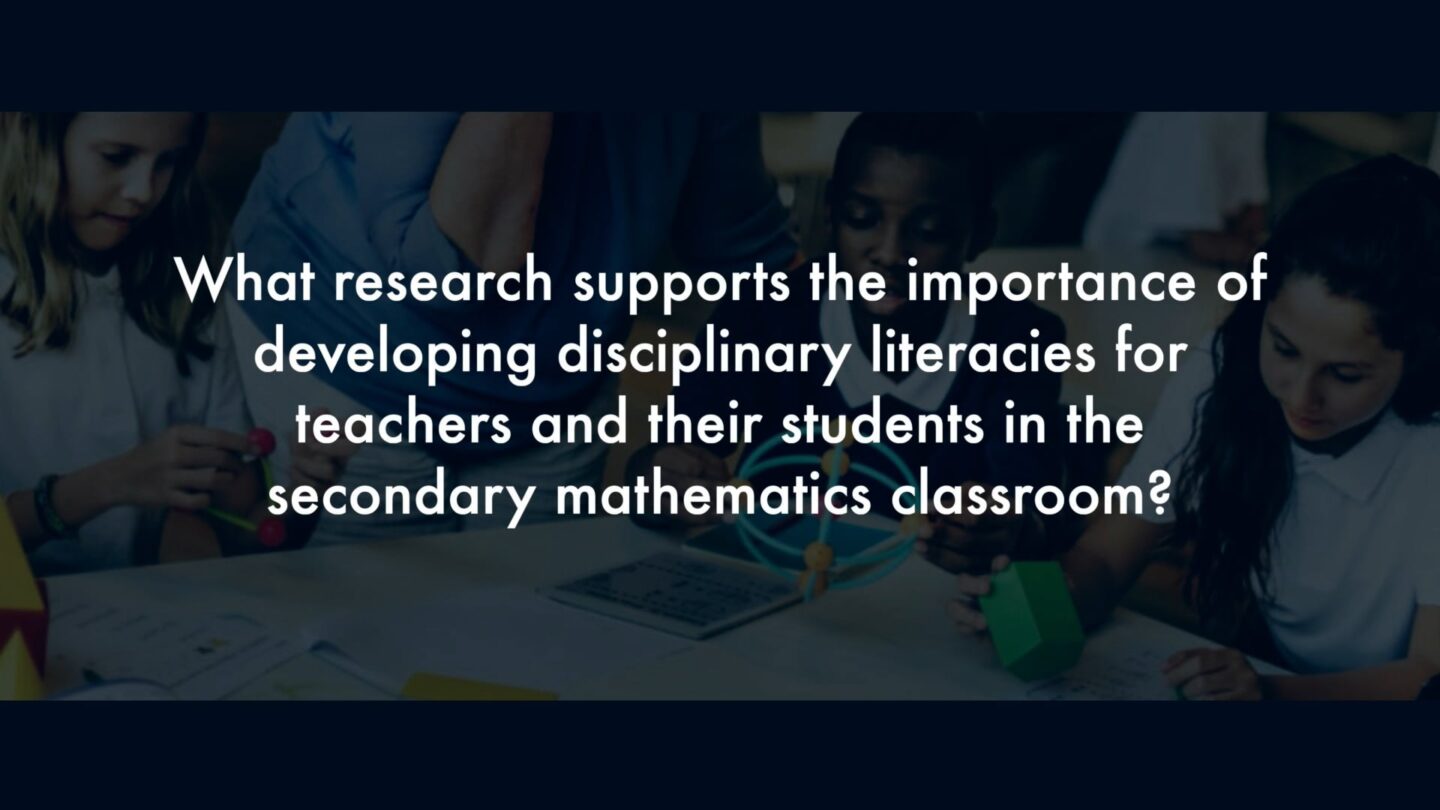

At the 2025 Building a Better Assessment Future conference, we are placing students at the center of our assessment systems, practices, and policies. Join us…
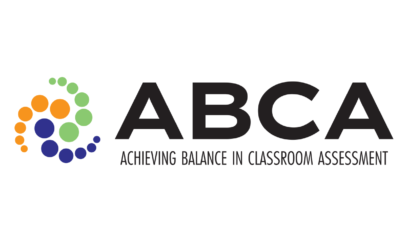
Facilitate classroom-level, assessment-literate practice to improve student learning & achievement! Districts that implement—with fidelity—quality balanced assessment systems in every classroom show improved student learning and…
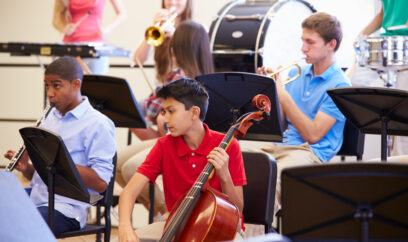
The Assessment Learning Network (ALN) kicks off the 2025-26 season with an in-person session that includes learning, networking, and a luncheon. Art is a…
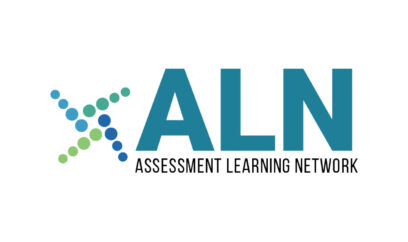
Note: to register for a Season Pass (and save money!), click the button at right. To register for individual sessions, click the session title in…